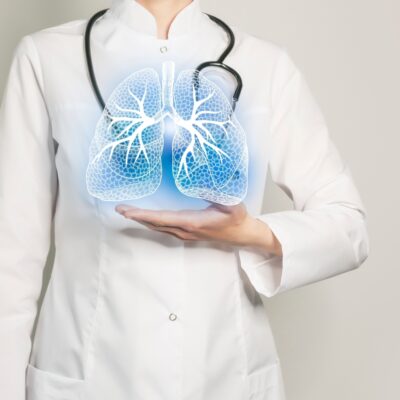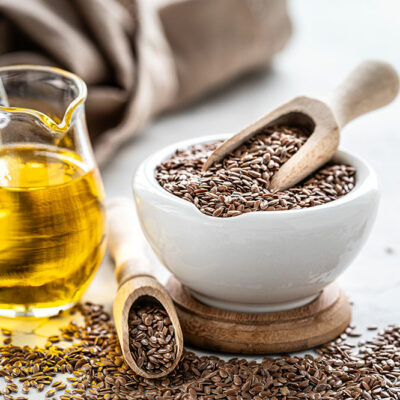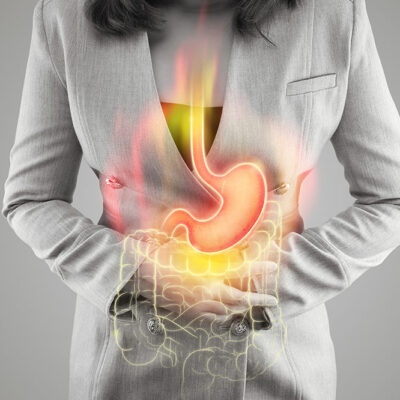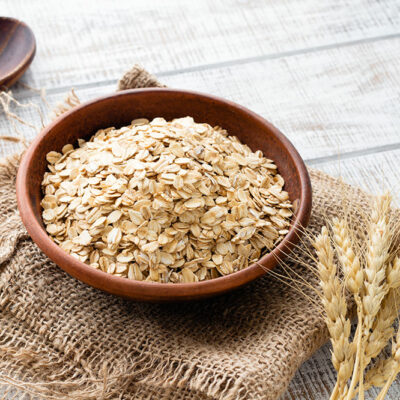
Health
Treatment Options And Foods That Help Manage Atrial Fibrillation
Atrial fibrillation (AFib) presents a formidable challenge in the realm of heart health, primarily due to its heightened association with stroke risk. It’s an alarming fact that individuals with AFib are five times more likely to suffer a stroke than those without this condition. To combat this elevated risk and offer better management of AFib, medical technology has paved the way for cutting-edge solutions. In this article, we delve into the crucial role of ECG or EKG heart devices, the innovative Qardiocore heart devices, and pacemakers in safeguarding against AFib-related stroke risk and promoting optimal cardiac health. 1. Mechanical heart valve replacement When AFib is a result of heart valve problems, mechanical heart valve replacement may be necessary. Damaged or malfunctioning heart valves can disrupt the heart’s rhythm, leading to AFib. Replacing the affected valve with a mechanical one can help restore normal heart function and reduce the likelihood of AFib. While this procedure is effective, it does come with the need for lifelong anticoagulant therapy to prevent blood clots, which can be a downside for some patients. 2. Calcium channel blockers Calcium channel blockers are a class of drugs used to manage heart rate in AFib patients. These medications work by blocking calcium channels in the heart, which can slow down the heart rate and reduce the frequency of AFib episodes.
Read More 















